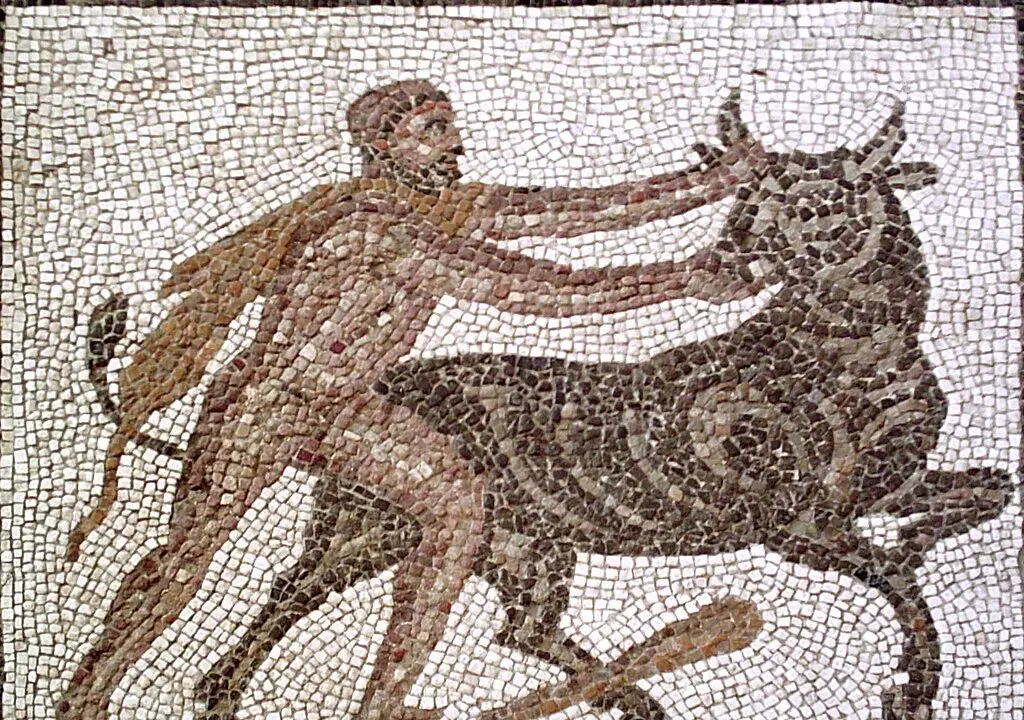Freedom of the will is something we all know; it’s obvious when we have acted freely, or when we have been under some sort of compulsion. At least, we can recognize freedom until we are so saturated in the streams of compulsion that we no longer see our own pitiable, enslaved state.
In Part 1 of this two-part article, we looked at how the idea of morality had become “unacceptable,” to use a current term for it, and how the idea of evil, too, was being abolished. Furthermore, morality was being replaced by victimhood and psychiatry, and underlying this was a fundamental assault on freedom and especially the freedom of will. In Part 2, we look more closely at freedom and the freedom of will.






